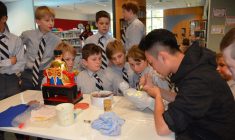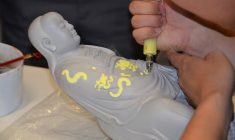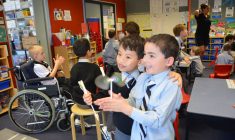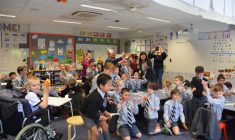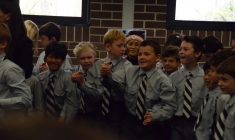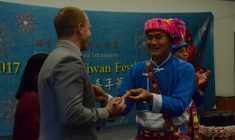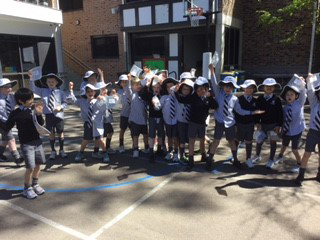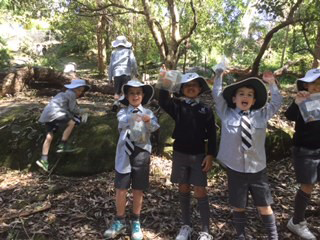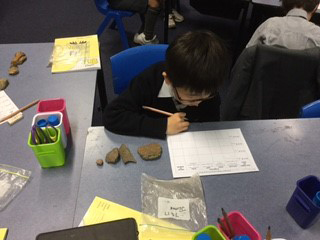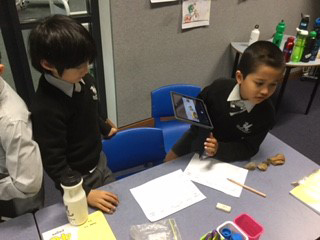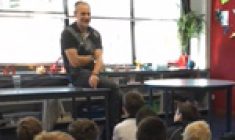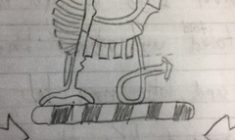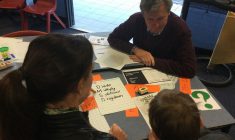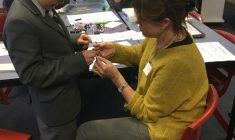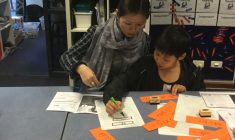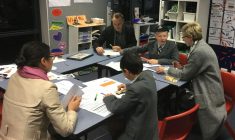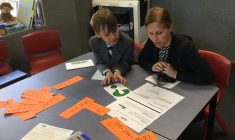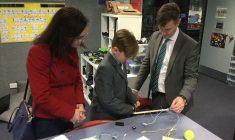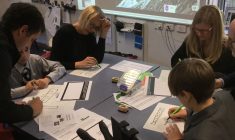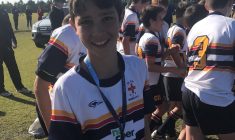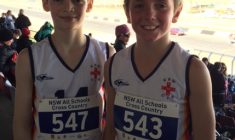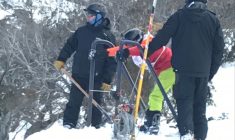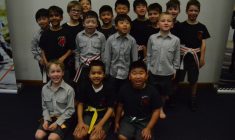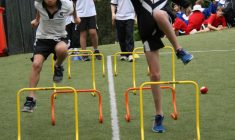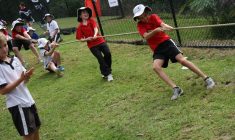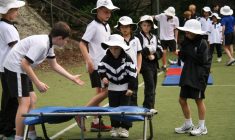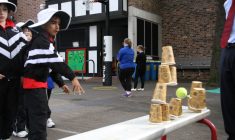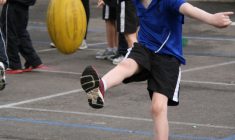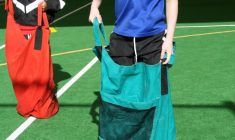A Message from the Head of Lindfield
Educating Boys
At the beginning of the year, staff at Lindfield read an article titled ‘Unlocking Boys’ Potential’ by Michael Reichert (University of Pennsylvania). It looked at the elements necessary for boys to feel successful and engaged at school. As a staff, we reflected on our own strengths and challenges and then looked at how we could address them in the context of this article. The important takeaway from this article, which has been backed by other research and by our own teaching experiences, is that the connection and relationship boys have with their teachers is vital to their positive feelings towards school.
Reichert’s research revealed seven strategies that teachers need to build a boy’s engagement and connection to school.
– Demonstrate mastery of subject matter. “Teachers must be seen as competent, as invested in their subjects and their pedagogy, and as reliable guides for the learning journey,” says Reichert.
– Maintain high standards. This goes for content, quality of work, and behaviour.
– Respond to a student’s personal interest or talent. Does the teacher know the student?
– Share a common interest. This can be athletic, musical, or a common interest.
– Acknowledge a common characteristic. Sharing background, ethnicity, a problem overcome “can be a reliable, if serendipitous, relationship builder,” says Reichert.
– Accommodate a measure of opposition. Successful teachers don’t take oppositional behaviour personally but respond with civility.
– Be willing to reveal vulnerability. This could take the form of a teacher acknowledging when they make mistakes or don’t know the answer to something (which fits in with the Lindfield growth mindset thinking).
The teachers at Lindfield are very dedicated to the development of the boys in their charge and they strive to develop a relationship with each boy in their care. Each teacher does this in their own way, I greet and chat with the boys at the top of the drive and wander around during break times.
As parents, it is interesting to evaluate the list of strategies against the way we interact with our own children. Do we as parents model and expect high standards? Are we genuinely interested in our children’s interests or talents, or does the busyness of life get in the way? Do we try to accentuate our similarities or do we point out all the ways they are not like us? Do we realise that young boys are little people who are exploring the world around them, testing the boundaries and seeing what reaction that world will give back to them? Or do you take your son’s misbehaviour as a personal affront to your authority? Whilst we may not accept some of their behaviours we must unquestionably respect and value them as people.
It is the connections that boys feel with the significant people in their lives, parents, family and teachers that will sustain them through the ups and downs of childhood, adolescence and adulthood. It is also a significant predictor of their school success.
“Unlocking Boys’ Potential” by Michael Reichert in Educational Leadership, September 2016 (Vol. 74, #1, p. 22-26)
Ben Barrington-Higgs – Head of Lindfield K-6






